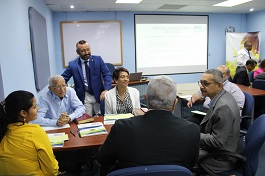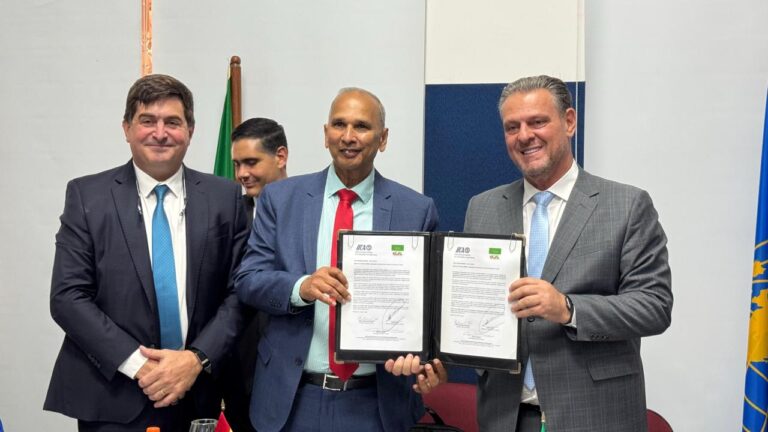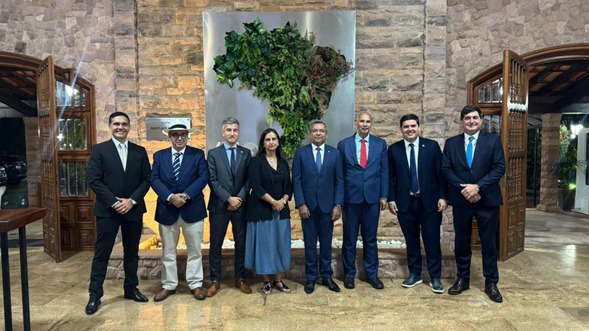The institutions consulted recommended areas and modalities for IICA’s technical cooperation over the next four years

Santo Domingo, Dominican Republic, March 2018 (IICA). The Inter-American Institute for Cooperation on Agriculture (IICA) is in the process of preparing its 2018-2022 Medium-term Plan (MTP), which will guide its provision of technical cooperation over the next four years. To this end, the IICA Delegations in the 34 Member States of the Institute conducted consultation processes with entities related to the agriculture sector in each country.
A total of 22 representatives of the academic sector, non-governmental organizations (NGOs), and public and private institutions in the Dominican Republic participated in the national consultation process, which was carried out at the IICA Delegation in the country.
During the meeting, the participants responded to three guiding questions in order to identify technical cooperation areas and modalities for IICA’s work at the regional and hemispheric levels. The process was complemented by individual interviews with representatives of partner institutions.
The stakeholders identified the priority areas toward which IICA should channel its technical cooperation efforts, highlighting the rational management of natural resources; competitiveness; agricultural health and food safety; technological innovation and technology transfer; and food security.

questions in team work
The participants added that IICA could develop these areas through South-South cooperation; the coordination of public policies; public-private partnerships; project management and implementation; the promotion of research and development; the sharing of experiences; technical assistance; and knowledge management, among other modalities.
“On this occasion, the Dominican Republic’s primary agricultural stakeholders have shared their perspectives on the challenges and opportunities for the sector at the hemispheric and regional levels, by taking part in this participatory and inclusive process, through which IICA has, once again, solidified its position as a facilitator and catalyst for technical cooperation in the country,” stated Frank Lam, Representative of the IICA Delegation in the Dominican Republic.
On the other hand, Leandro Mercedes, Deputy Minister of Agricultural Extension and Training of the Ministry of Agriculture, expressed his gratitude for IICA’s initiative, stating that the consultation process with stakeholders of the Dominican Republic’s agriculture sector had been positive.
The results of the consultation processes conducted across the region will enable the Institute to prepare a document that presents a renewed vision for agriculture and a new way of managing technical cooperation, based on the guidelines set forth by the Director General of IICA, Manuel Otero.
Otero stated that the participants’ recommendations would be crucial in the development of a road map aimed at meeting country needs.
“When we understand the way our countries think and what their priorities are, we are able to efficiently target and distribute our resources, while working together to address national demands. This process guarantees IICA’s institutional strengthening moving forward,” he stated.
Diego Montenegro, Director of Management and Regional Integration of IICA, stated that the participatory preparation of the new MTP began with an internal consultation process involving Institute personnel. The second phase consists of a broad consultation process with counterparts that work with IICA’s Delegations.
“In addition to the consultation processes currently underway in each of the Member States, we have identified the Delegations that work closely with the regional integration mechanisms, and have requested their input in order to develop the MTP’s regional scope,” he stated.
More information: Frank Lam, IICA Representative in the Dominican Republic, frank.lam@iica.int











